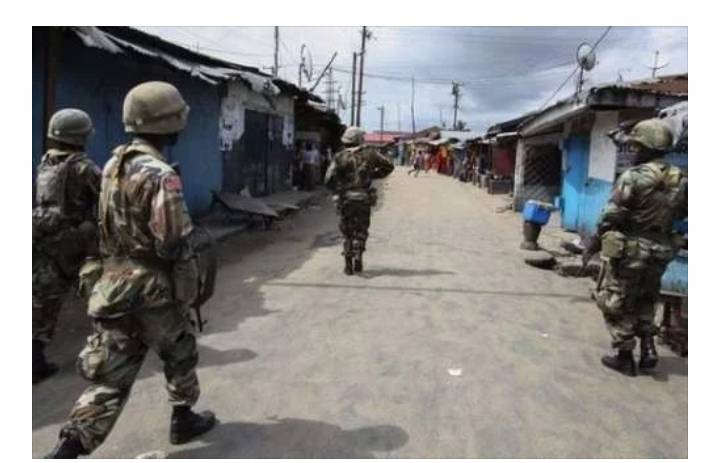Addressing Insecurity in Bawku: Questions That Demand Answers
The once vibrant and peaceful town of Bawku has, in recent years, been plagued by insecurity that threatens its social fabric and hinders its progress. Efforts to resolve the crisis are ongoing, yet significant challenges remain. As stakeholders seek lasting solutions, certain pressing questions must be addressed to ensure the strategies adopted are effective and sustainable.
What Are the Root Causes of the Insecurity?
In any conflict, identifying the root causes is key to resolving it. What underpins the recurring unrest in Bawku? Are ethnic rivalries the driving force, or are disputes over land and resources fueling tensions? Could the insecurity also stem from political interference or external influences? Without clarity on these issues, any interventions may only provide temporary relief.
Are Current Security Measures Effective?
The deployment of security personnel to Bawku is a well-known approach, but how effective has it been? Are these forces adequately trained to handle the unique dynamics of the area? Moreover, what mechanisms exist to ensure their operations are impartial and collaborative with the community? Reports of mistrust between residents and security forces raise questions about how such relationships can be repaired to foster cooperation.
What Role Does Governance Play?
The role of governance in mitigating conflict cannot be overlooked. How inclusive are local authorities in their decision-making processes? Are there systems in place to address grievances before they escalate? A government that prioritizes transparency, accountability, and inclusivity is more likely to build trust and confidence among the people, reducing the likelihood of unrest.
How Can the Community Be Engaged?
Any sustainable solution must involve the community. What platforms exist for dialogue among the diverse ethnic groups in Bawku? How can traditional authorities, youth leaders, and women’s groups be empowered to champion peace initiatives? Community-led peacebuilding efforts often yield better results because they reflect the priorities and values of those directly affected.
Can Economic Interventions Reduce Tensions?
Unemployment and poverty often exacerbate conflicts. What strategies can be adopted to create economic opportunities in Bawku? Programs that target youth employment, education, and vocational training can help divert attention from conflict and channel energy into productive activities. Investments in agriculture, trade, and infrastructure development could also play a pivotal role in stabilizing the region.
What Role Should External Stakeholders Play?
International organizations, NGOs, and other external actors often offer assistance in conflict resolution. However, their involvement must align with the needs and aspirations of the local community. What forms of support are most beneficial, and how can external stakeholders ensure their interventions are culturally sensitive and effective?
What Are the Long-Term Strategies for Peace?
While short-term security measures are necessary, the focus should also be on long-term peacebuilding. How can reconciliation and healing processes be institutionalized? What policies can be enacted to prevent future conflicts? Sustainable peace requires deliberate planning, commitment, and continuous evaluation of progress.
Conclusion
The insecurity in Bawku is a complex issue that cannot be resolved with a one-size-fits-all approach. Addressing the questions above is critical for designing interventions that not only stop the violence but also tackle its root causes. Stakeholders must work together—government, traditional authorities, security agencies, and civil society—to restore Bawku to a state of peace and prosperity.
Only through inclusive, transparent, and community-centered approaches can the people of Bawku look forward to a future where they can thrive in harmony.




No comments yet
Be the first to share your thoughts!